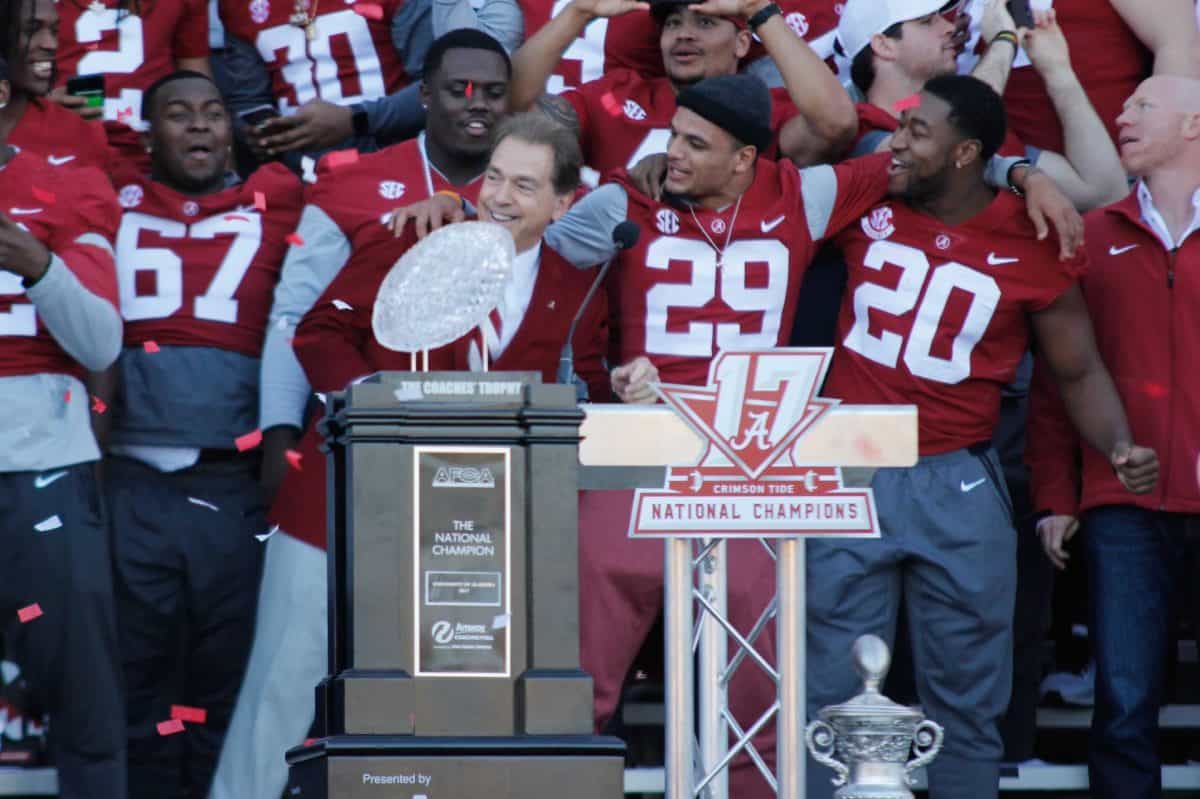New York Magazine’s Jody Rosen coined the term “bro country” to describe the corner of country music devoted to tailgates, trucks and dirt roads. Bro country has been the genre music critics love ?to hate, mostly because of its objectification of women.
The infamous bro country woman is depicted as a bimbo climbing into a man’s truck, handing him a beer.
Finally, some female country artists have responded. Budding country duo Maddie & Tae released their single, “Girl in a Country Song” last month, satirically attacking common bro ?country stereotypes.
Maddie & Tae’s witty lyrics directly reference some of bro country’s most popular hits, including ?Billy Currington’s “Hey Girl” and Tyler Farr’s “Redneck Crazy.”
Bro country isn’t the first, or the only, genre of music to contain sexist lyrics. Sexism transcends all genre descriptions, rap music being the most notable offender.
Luckily, no reasonable adult is going to listen to an Eminem song and suddenly decide to hate women. But it’s not always reasonable adults listening to these songs. Easily-impressionable preteens often take their favorite artists’ lyrics to heart. When Justin Bieber sings “Ooh you know females/And how they like to run their mouth,” young girls hear, “Girls should be seen, not heard.”
That’s why “Girl in a Country Song” is so important. Its simple melody and playful lyrics, easily lend themselves to be the next preteen girl anthem. Though it can’t erase sexism from the music industry, it does add another voice to the conversation.







